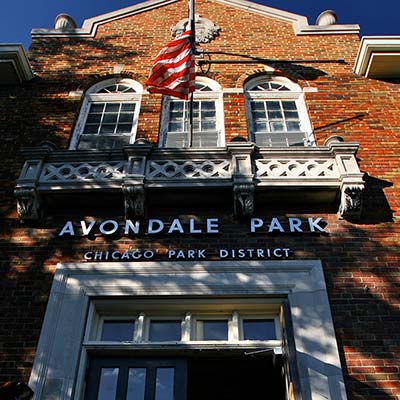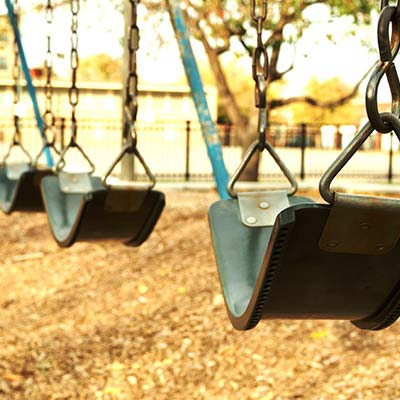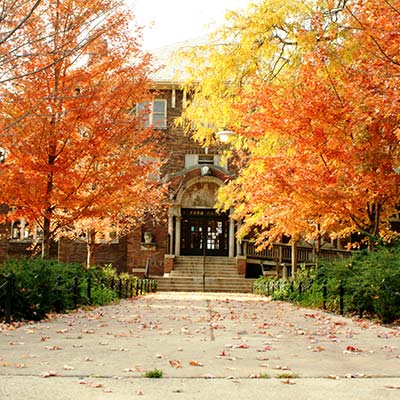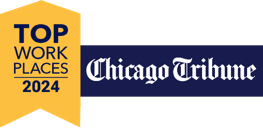Welcome to Irving Park
Located on the northwest side of Chicago, Irving Park is a neighborhood where historic charm meets modern convenience. Known for its diverse architecture, the area features everything from Victorian-era homes and classic Chicago bungalows to contemporary residences, reflecting its long history of growth and change.
The neighborhood’s green spaces are a major draw, with Horner Park standing out as one of the largest in the area. Spanning 65 acres, it offers sports fields, walking trails, and community programs throughout the year. Smaller parks and tree-lined streets add to the neighborhood’s appeal, providing space to unwind.
Irving Park’s commercial corridors are just as dynamic. Irving Park Road serves as a hub for local businesses, with restaurants, cafes, and specialty shops offering a variety of options. The area’s food scene ranges from long-standing neighborhood favorites to new spots reflecting the city’s ever-evolving culinary landscape.
Community engagement is a key part of Irving Park’s identity. Organizations like the Old Irving Park Association focus on preserving historic architecture and fostering neighborhood connections. Events, markets, and local initiatives bring residents together and highlight the neighborhood’s strong sense of place.
For those commuting to other parts of the city, Irving Park offers multiple transportation options, including CTA train and bus lines, as well as a Metra station for quick access to downtown. Its central location makes it easy to explore everything Chicago has to offer.
With its historic roots, local businesses, and accessible location, Irving Park continues to be a neighborhood where past and present come together, offering a balance of residential comfort and city life.
Irving Park consists of: Old Irving Park and Kilbourn Park.-
Looking to Buy? Search Irving Park listings
-
Interested in Selling? Request a Listing Presentation
-
Want More Information? Sign up for our Trends Report
For Sale in Irving Park
-

4143 W Roscoe Street
$779,900
- 7 beds
- 3 baths
- Irving Park
- Two to Four Units
-

4338 N Kenneth Avenue
$499,900
- 4 beds
- 3 baths
- Old Irving Park
- Detached Single
-

4218 N Ridgeway Avenue
$289,000
- Irving Park
- Land
-

4317 N Cicero Avenue
$400,000
- 4 beds
- 2.1 baths
- Old Irving Park
- Detached Single
-

3415 N Kenton Avenue
$444,999
- 3 beds
- 2 baths
- Kilbourn Park
- Detached Single
-

4655 N Keating Avenue
$572,000
- 4 beds
- 3 baths
- Irving Park
- Detached Single
-

3732 N Lowell Avenue
$2,000,000
- 4 beds
- 3.1 baths
- Old Irving Park
- Detached Single
-

4342 N Kedvale Avenue 2A
$189,900
- 2 beds
- 1 baths
- Old Irving Park
- Attached Single
-

4057 N Central Park Avenue 1
$299,999
- 2 beds
- 2 baths
- Irving Park
- Attached Single
-

4232 W Belmont Avenue 3
$675,000
- 3 beds
- 3.1 baths
- Irving Park
- Attached Single
-

4326 W School Street
$495,000
- 3 beds
- 1.1 baths
- Irving Park
- Detached Single
-

3304 W Cuyler Avenue
$1,029,000
- 4 beds
- 3.1 baths
- Irving Park
- Detached Single
-

4455 N Kostner Avenue
$569,900
- 5 beds
- 2 baths
- Irving Park
- Two to Four Units
-

4232 W Belmont Avenue 2
$650,000
- 3 beds
- 3.1 baths
- Irving Park
- Attached Single
-

3943 N Francisco Avenue
$1,050,000
- 4 beds
- 3.1 baths
- Irving Park
- Detached Single
-

3814 N mozart Street
$895,000
- 4 beds
- 3 baths
- Irving Park
- Detached Single
-

3847 N Spaulding Avenue
$994,900
- 5 beds
- 3 baths
- Irving Park
- Two to Four Units
-

4244 N MOZART Street
$899,500
- 7 beds
- 4 baths
- Irving Park
- Two to Four Units
-

4333 N Troy Street 3E
$229,000
- 2 beds
- 1 baths
- Irving Park
- Attached Single
-

4201 W ADDISON Avenue 2B
$249,900
- 2 beds
- 1 baths
- Irving Park
- Attached Single
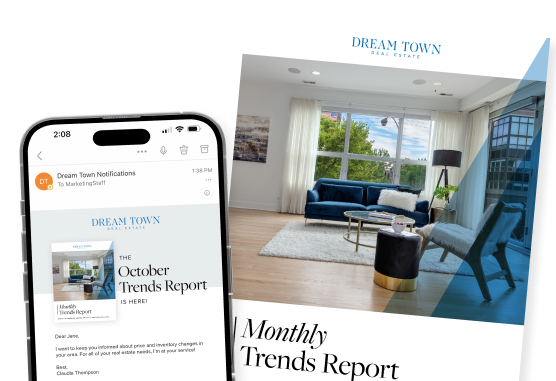
Want more detailed information on Irving Park?
Get a Trends Report delivered to your inbox monthly
Send Me Irving Park Trends












